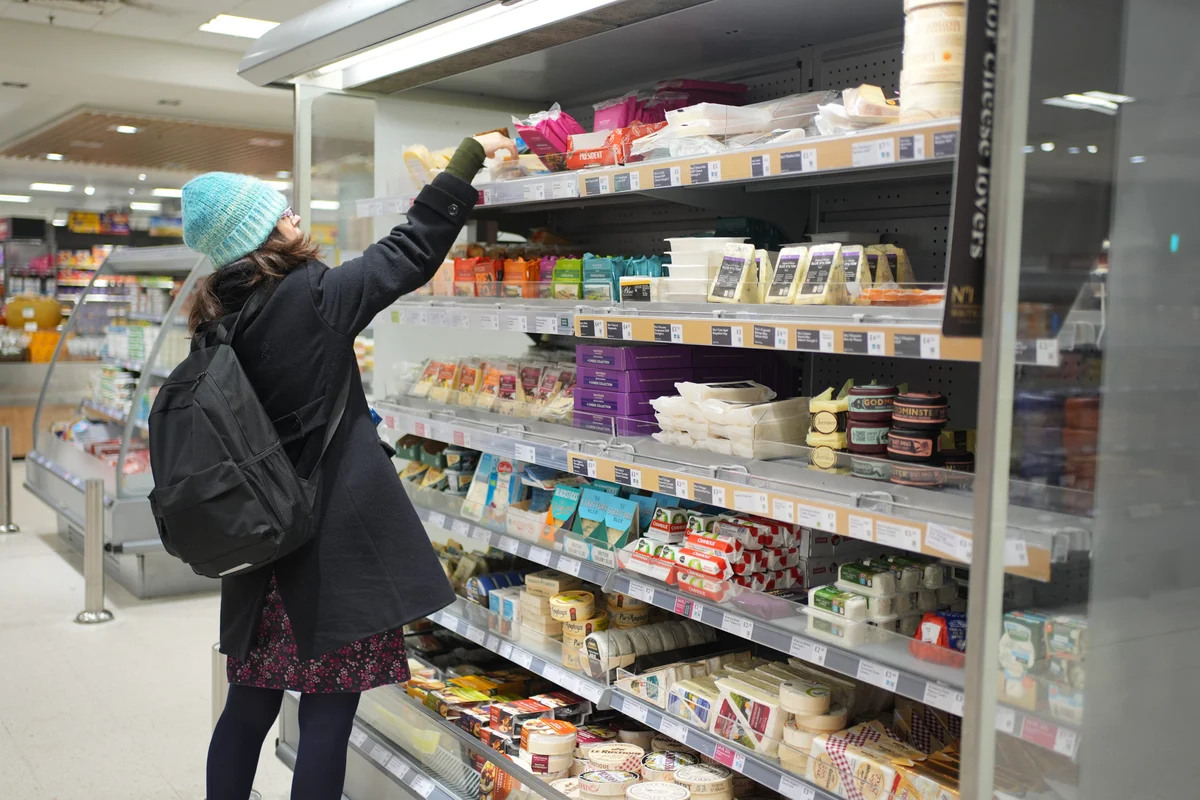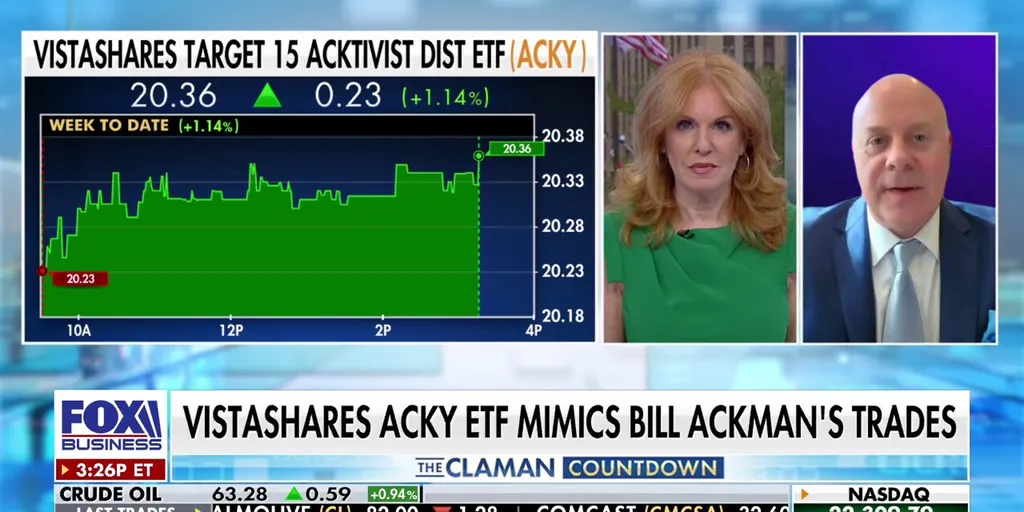By Jonathan Prynn
Copyright standard

Food and drink prices are rising at their fastest rate since January last year in a painful new supermarket squeeze on household budgets.
Latest official figures show the inflation rate for food and non-alcoholic drinks rose to 5.1% in August, up from 4.9% in July. It was the fifth successive month of accelerating food inflation and the fastest rate since January 2024. It the first time the food inflation has run at above 5% since February last year.
On a monthly basis, food and non-alcoholic beverages prices rose by 0.4% in August, compared with a rise of 0.2% a year ago.
The overall headline rate of inflation as measured by the Consumer Prices Index was unchanged at 3.8%.
Some of the biggest rises were seen in everyday staples such as butter, up 18.9% in a year, coffee (15.4%), chocolate (15.4%) and milk (12.6%). The price of beef and veal is 24.9% higher amid global falls in production.
Food manufacturers and retailers have been hit by a huge range of cost pressures ranging from new and increased taxes such as higher employer National Insurance Contribution rates and the new EPR “packaging tax” as well as poor harvests around the world and the UK for some key food commodities such as coffee beans.
Economists fear food inflation could peak at as much as 6% towards the end of the year.
The latest figures from the Office for National Statistics come two days after the boss of Aldi has urged the Government to avoid hiking costs for retailers in the autumn Budget because of the risk they can “find their way” onto supermarket shelves.
Giles Hurley, the chain’s UK and Ireland chief executive, said inflationary pressures affecting shoppers were “persistent and urgent”.
The overall rate of inflation remains stubbornly higher than the Bank of England’s target of 2%, making it highly unlikely that interest rates will be cut again tomorrow.
Professor Joe Nellis, economic adviser at accounting firm MHA said: “Today’s figures are not good viewing for those hoping for a cut to interest rates when the Monetary Policy Committee (MPC) meet tomorrow. With wage growth and services inflation running hot, the MPC is very likely to keep rates on hold.
“However, given the economy is growing slower than desired, we expect at least one more interest rate cut before the end of the year — as long as inflation doesn’t escalate much further.”
Suren Thiru, Economics Director at accounting body ICAEW, said: “This data confirms no respite yet for those households and businesses struggling with eyewatering financial pressures, as rising fuel costs helped keep inflation dishearteningly above the Bank of England’s 2% target.
“August’s unchanged outturn could be followed by an unnerving upswing this month with skyrocketing business costs and food prices likely to see inflation breach the 4% mark in September, despite a weakening economy.”



